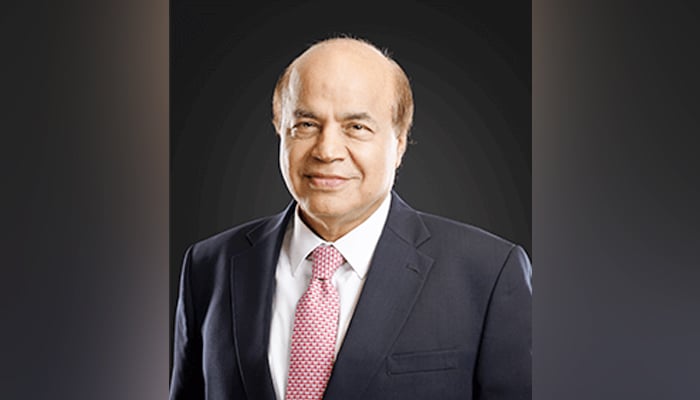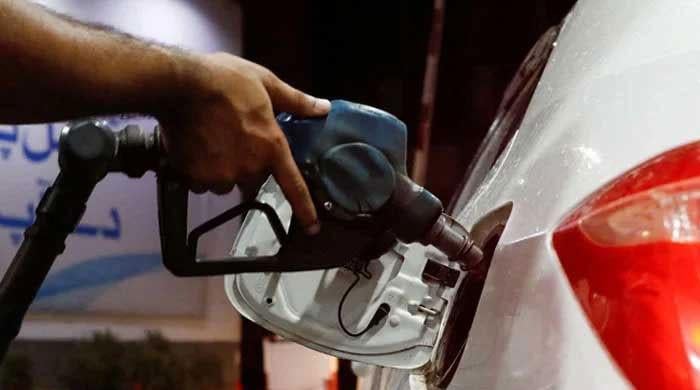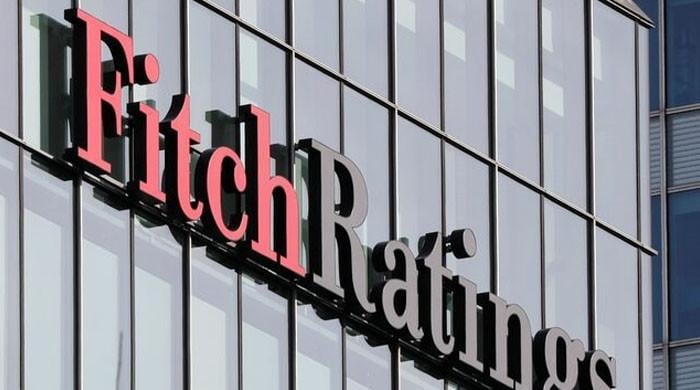Third consecutive time: Tariq Rafi nominated for top taxpayer award
Businessman praises COAS Munir’s vision for economic revival, which focuses on Pakistan's key sectors
February 07, 2025

ISLAMABAD: Pakistan’s leading businessman and top taxpayer, Muhammad Tariq Rafi, Chairman of Siddique Sons Limited, has said that the country lost an estimated $300 billion due to delays in critical decision-making, leading to the external debt crisis of $120 billion that Pakistan faces today.
In an exclusive interview after being nominated for the Top Taxpayer Award for the third consecutive time, Rafi said that if major projects like Thar coal, Reko Diq and the construction of a major dam had been initiated in the 1990s and completed by 2000, Pakistan’s foreign exchange reserves could have reached $300 billion.
“The Reko Diq reserves were discovered in the 1990s. If the project had been developed on time, it would have saved the country $5 billion annually and generated $125 billion over the last 25 years,” he said.
Similarly, he said Thar coal could have saved $4-5 billion annually, and a major dam could have saved another $5 billion per year. “Had these projects been completed on time, Pakistan could have saved $200 billion in 25 years, while also ensuring affordable electricity,” he added.
Highlighting Pakistan’s untapped mineral, agriculture, and IT potential, Rafi commended Army Chief General Asim Munir’s vision for economic revival, which focuses on these key sectors.
“This is a game-changer idea that no one has proposed before. The development of minerals, IT, and agriculture will transform Pakistan’s economy and bring prosperity,” he added.
He pointed to the Middle East’s mineral extraction boom as an example of how Pakistan could achieve similar economic success. “We must develop our mineral resources rapidly and introduce them to the global market,” he stressed.
On the IT sector, Rafi urged immediate investment in artificial intelligence and software exports, saying: “If we can increase IT exports to $20 billion, Pakistan will no longer need foreign loans.”
For the agriculture sector, he stressed the need for new crop seeds to double per-acre yields and boost food security.
Calling for urgent privatisation of loss-making government institutions, Rafi urged the government to announce a mineral incentive package to boost exports.
“Cheap electricity is crucial for increasing exports and industrial growth. China’s economic rise is largely due to the availability of affordable power,” he added.
On taxation, Rafi stressed the importance of paying taxes for national development. “A strong tax base allows the government to invest in defence, education, healthcare, and infrastructure. Not paying taxes is a national misfortune,” he said, adding that FBR’s reforms must yield positive results to increase tax revenue.
For the upcoming budget, he suggested that security improvements were essential to attract foreign direct investment. He also asked the State Bank to revisit policies that restrict profit repatriation, to create a more investor-friendly environment.
“The economy will only grow when investment flows in. Unfortunately, in Pakistan, making money is often seen as a crime. This mindset must change,” he remarked.
Stressing the need for political stability and consistent economic policies, Rafi warned against repeating past mistakes and asked the government to review policies that hinder both local and foreign investment.
Originally published in The News











